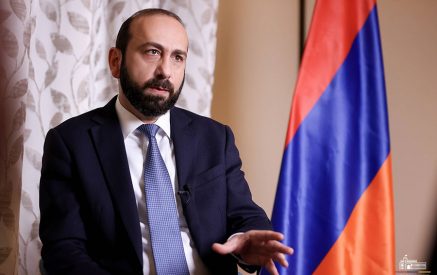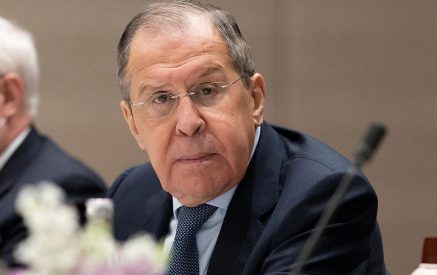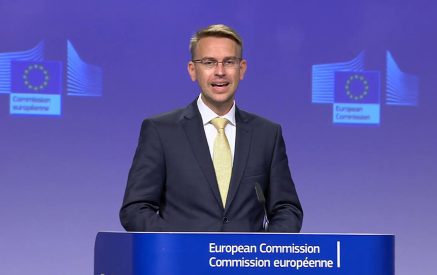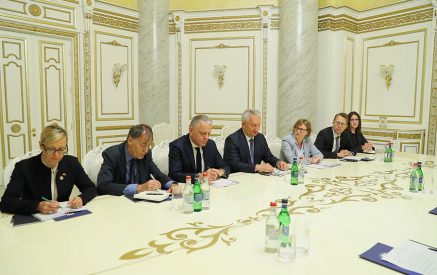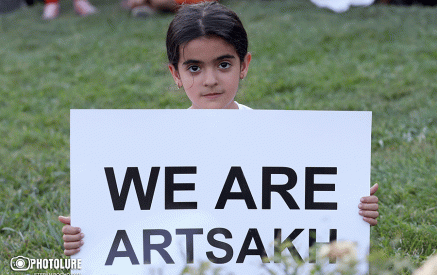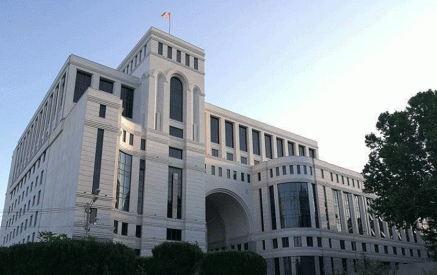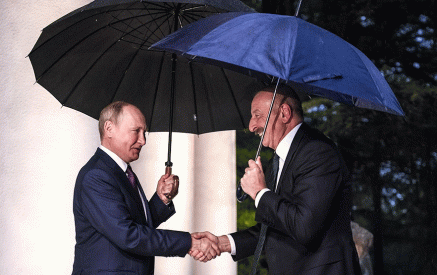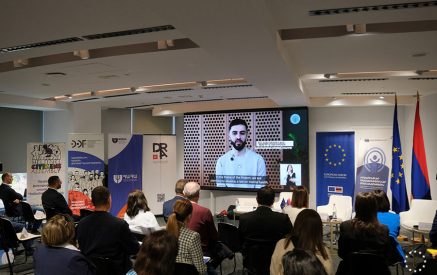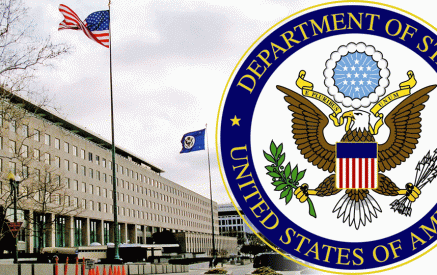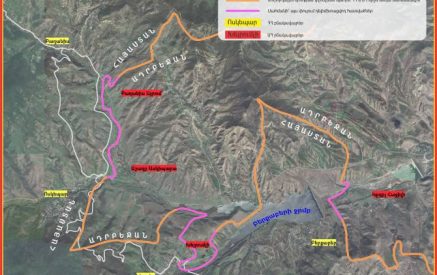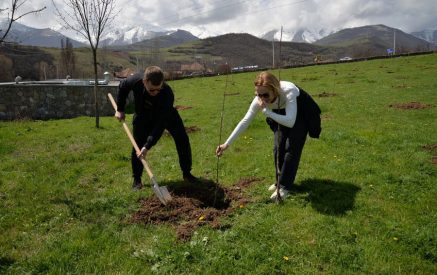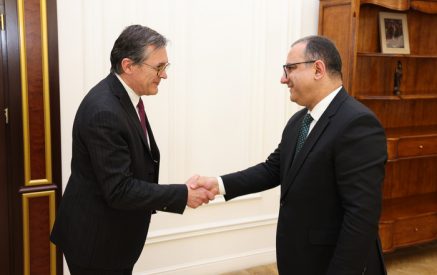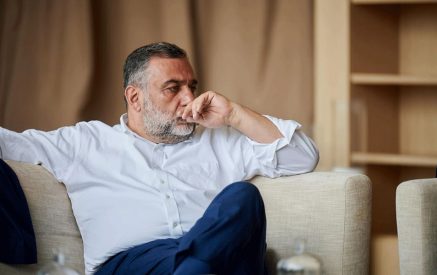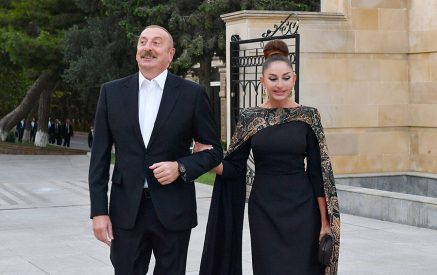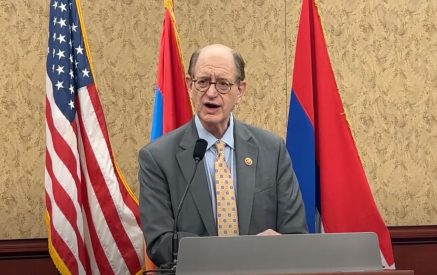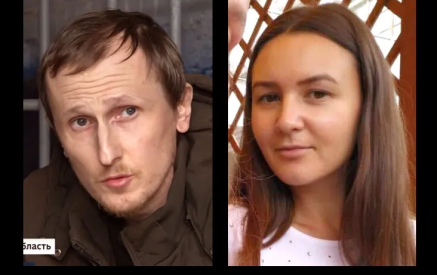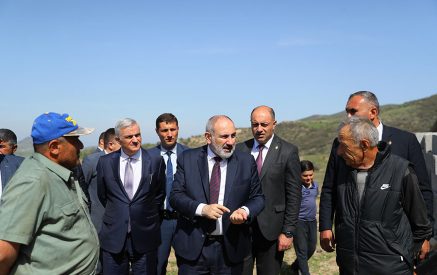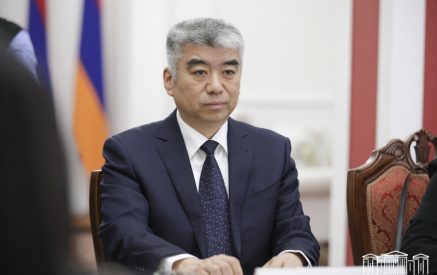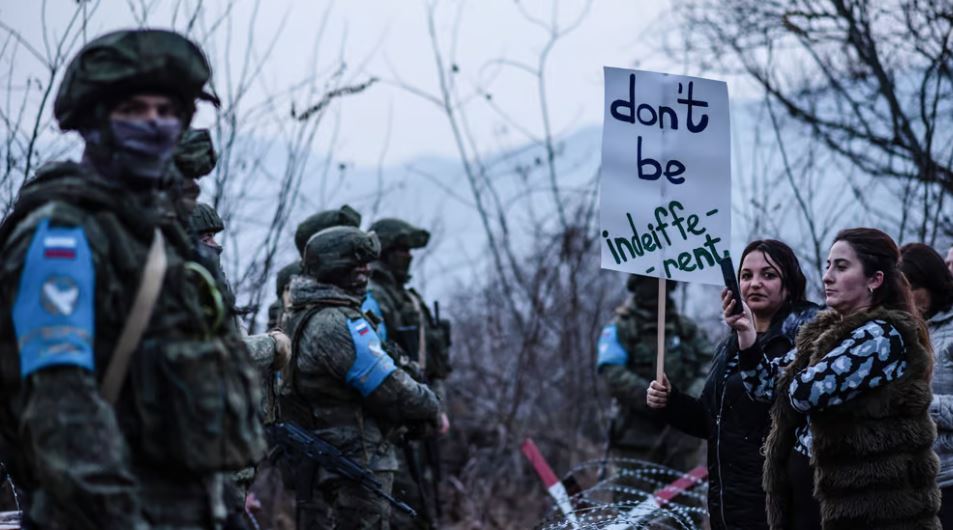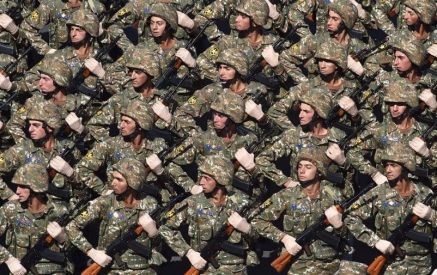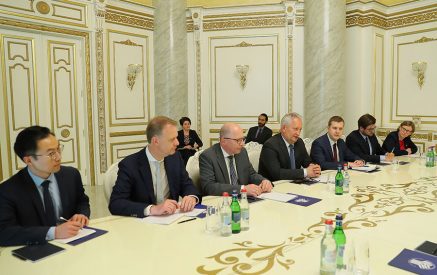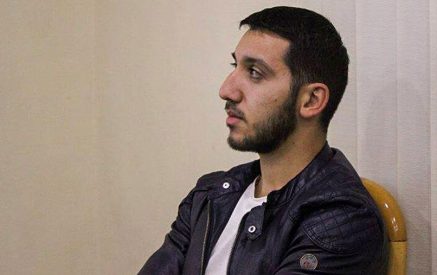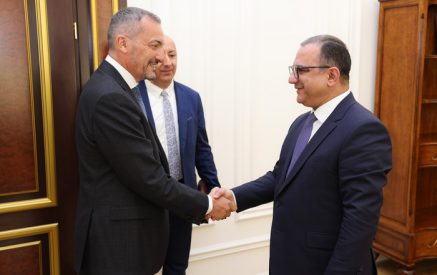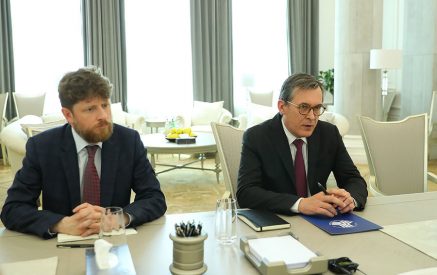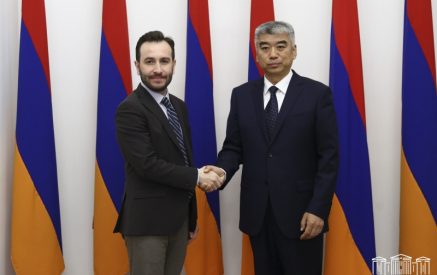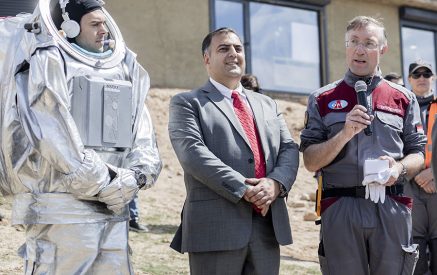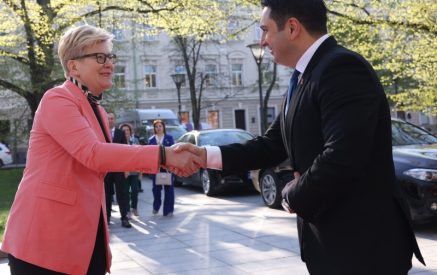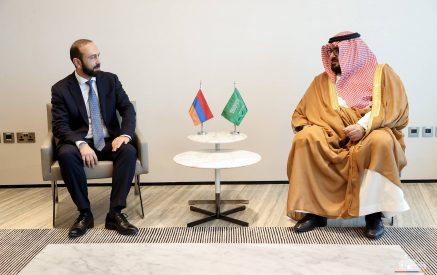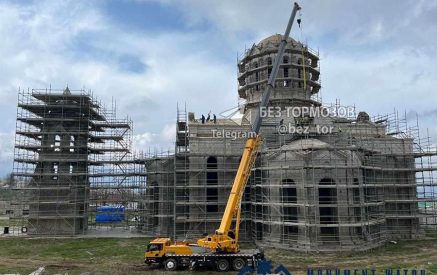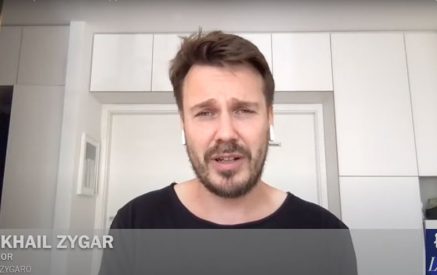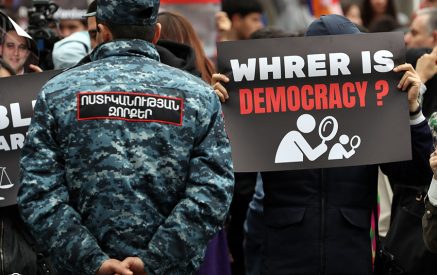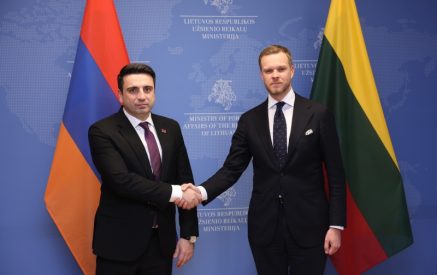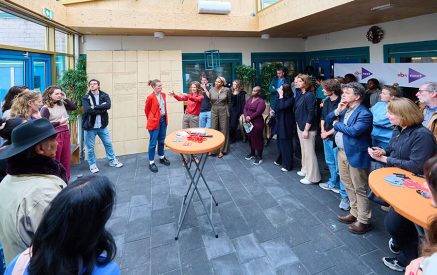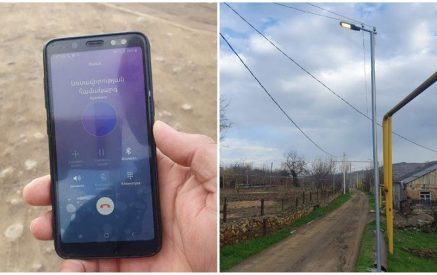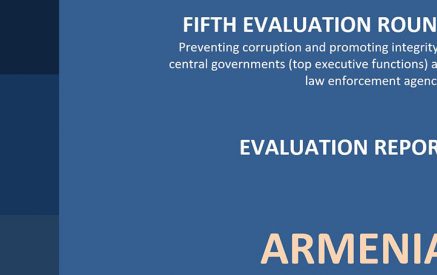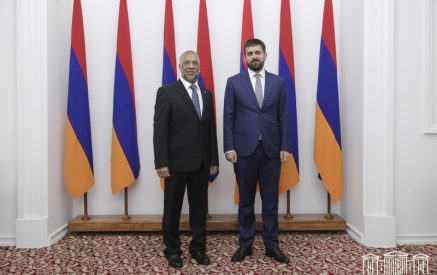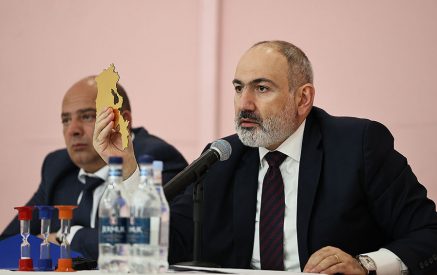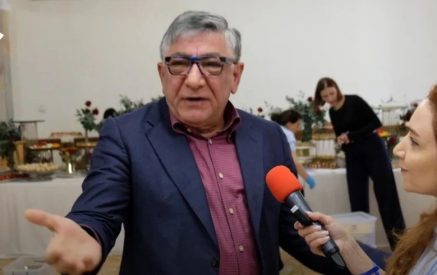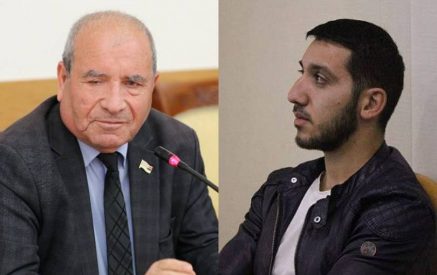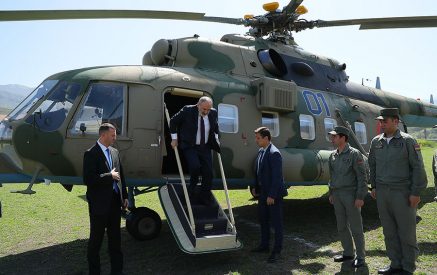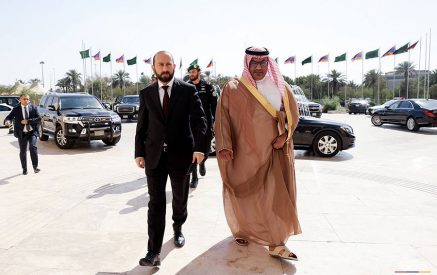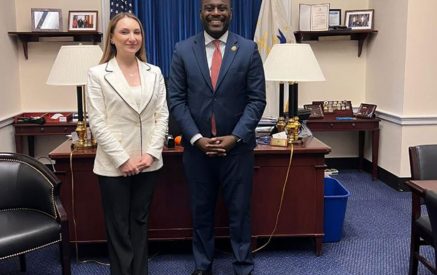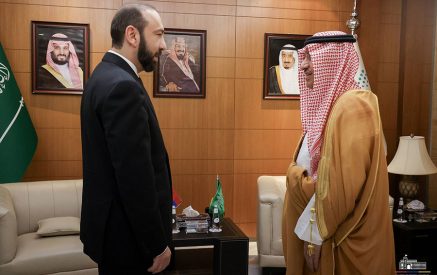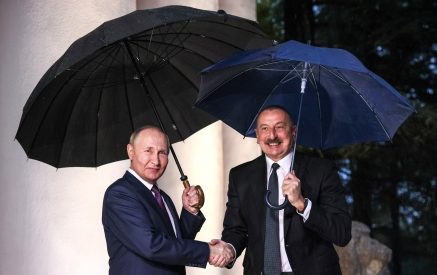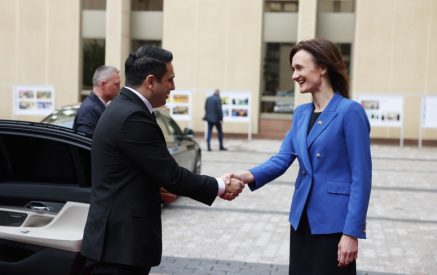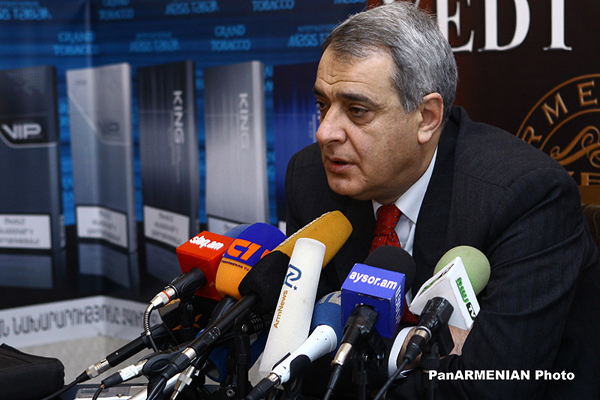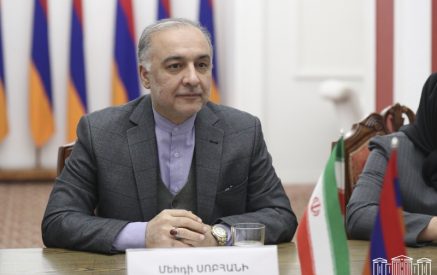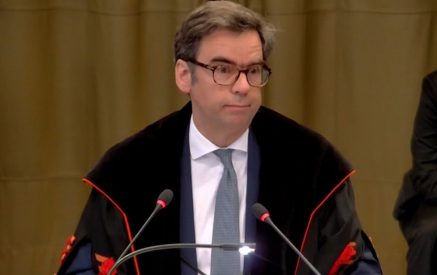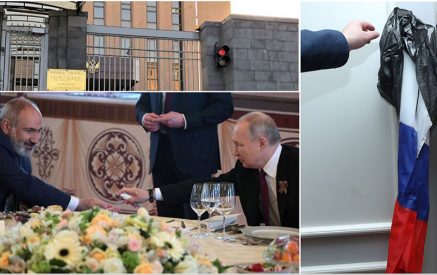Our interlocutor is the Ambassador of the President of Armenia on Special Missions (1992-1995), Head of Armenia’s National Security Service (1994-1995), senior analyst of the Regional Studies Center (RSC), David Shahnazaryan.
– Mr. Shahnazaryan, in your interview to our newspaper in March, you expressed an opinion that not only Baku, but also Moscow will bear the responsibility for the possible outbreak of hostilities along the “line of contact” of Karabakh. The OSCE Minsk Group co-chairs visited the region. Under what regional situation did this visit occur? Is the threat of an outbreak of hostilities still on?
– The point that a new escalation of tension is possible along the Karabakh line of contact is certainly not ruled out by either the authorities of Armenia and Azerbaijan, and remains a serious concern among international organizations, foreign diplomats, and many leading experts. There was a serious concern that Russia and the Putin regime, being under continuous unprecedented and growing international pressure, both economically and politically, appears in a crisis situation on Ukrainian issue, can create new hotbeds of clashes and new destabilization of the South Caucasus and along the contact line of the Nagorno-Karabakh conflict.
Such developments were and still are possible, as it is evident from the “tightening of the ring” around Russia and the Putin regime. We witnessed a new manifestation of “creeping occupation” by Russia towards Georgia as well. Washington is worried about Russia’s aspirations and has set a task to suspend any new military escalation in the Nagorno-Karabakh conflict zone. We should also note that nothing is left for Russia but to officially admit, at least, to pretend to accept Washington’s offer: cooperation in the Karabakh conflict peace process and the exclusion of a new outbreak of hostilities.
Read also
– And what are the steps of Washington to prove that the US is worried and has set a task to suspend the military escalation in the Nagorno-Karabakh contact zone?
– The Nagorno-Karabakh peace process, thanks to the efforts of the US, has entered a new and more active phase within the OSCE Minsk Group. To maintain stability in the South Caucasus, the US has managed to obtain the official consent of Russia to act jointly by offering cooperation on efforts aimed at the establishment of peace on the Karabakh platform. Let me note a number of notable develpments.
On July 7, the OSCE Minsk Group co-chairs were in Washington, where Washington’s official stance was recorded that the US is ready to work closely with Russia and France on the Karabakh settlement process. But right after this meeting, Russia reaffirmed its intentions to destabilize the South Caucasus. On July 10, close to the villages of Tsitelubani, Khurvaleti and Orchosani, in the direction of Gori-Tbilisi highway, the Russian safeguards and Ossetian authorities once again expanded the occupied territories of Georgia, installed new border gun-sights that already reach the Baku-Supsa oil pipeline passing through Georgia. This “creeping occupation” by Russia was a serious signal, which indicated Russia’s willingness to instigate a new destabilization in the South Caucasus.
Right after this step by the Kremlin, on July 12, James Warlick promptly arrived in Moscow, in the event when just a few days ago the co-chairs had met in Washington. In Moscow, he met with Russian Deputy Foreign Minister Karasin, and later gave interviews to Russian “Vedomosti” and “Dozd”. This is remarkable, because usually when the Co-Chairs give interviews, they do it during the visits to the regions, either in Armenia or in Azerbaijan. It should be noted that Warlick’s interview was planned and was aimed at the Kremlin. The US, in fact, offered Russia to cooperate on Karabakh conflict settlement platform, although, today, Russia and the United States, in fact, are in a Cold War situation of confrontation, and the United States increases the pressure against Russia in the other directions. Warlick’s visit to Moscow and his interview made things evident that Washington promptly responds to Moscow’s new “creeping occupation” against Georgia and the plans to instigate new destabilization in the Nagorno-Karabakh line of contact.
Later, on July 14, a historic agreement on Iran’s controversial nuclear program was concluded between Iran and the “six” powers, and on July 15, at the initiative of Washington, the phone conversation between the Presidents of the United States of America and Russia, Barack Obama and Vladimir Putin, respectively, was held.
On July 16, at the Brookings Institution in Washington, Eric Rubin, Deputy Assistant Secretary in the Bureau of European and Eurasian Affairs, presenting his research on the South Caucasus, as if complementing Ambassador Warlick, announced, “the United States stands ready to assist in the development of communications in the region and the development of economic ties on the condition to attract all the countries. To carry out this vision in the South Caucasus, of course, it is necessary for all three countries in the region to participate in its implementation.” This is a serious and clear stance that Washington stands as a supporter of lifting the blockade of Armenia. Rubin also stated as an achievement by the US and the EU to “implement an agreed policy” in the region.
On July 17, Russian Foreign Minister Sergey Lavrov called Azerbaijani Foreign Minister Elmar Mammadyarov to Moscow and stated that it was time to intensify the efforts to resolve the Nagorno-Karabakh issue, and in the foreseeable future, it is possible to show progress in achieving results. On the same day, Lavrov initiated a phone conversation with Armenia’s Foreign Minister Edward Nalbandian.
– In the OSCE Minsk Group, the US Co-chair James Warlick’s interview raised heated discussions, he was strongly criticized in Armenia. What were the main messages of his statements?
– While Ambassador Warlick’s planned interview was aimed at Russia, I would further highlight a few key messages in them. Firstly, Warlick emphasized the importance of conflict management, aiming to prevent new outbreaks of hostilities. Warlick completely destroyed the thesis argued by the Azerbaijani authorities that the settlement primarily implies return of the territories surrounding Nagorno-Karabakh, noting that it is a part of the comprehensive settlement, which is directly connected to the political status of Nagorno-Karabakh. I will also add that Ambassador Warlick has also used the expression of “Nagorno-Karabakh security”.
Warlick’s interview caused a serious degree of panic among Azerbaijan’s ruling elite. In his interview, Warlick has also diplomatically hinted that Russia has militarized the Nagorno-Karabakh conflict zone and violated the military balance for the benefit of Azerbaijan. Washington with its own efforts intends to strengthen the role of the OSCE Minsk Group, to prevent the occurrence of possibly new clashes in the line of contact and to intensify the peace process in the OSCE Minsk Group. I do not think there will be significant progress, nor any breakthrough in the negotiations in the near future, but the current efforts by the US may help to mitigate or at least temporarily to suspend the attempts of military escalation by Azerbaijan and Russia. This thesis became the key provision of the final statement after the OSCE Minsk Group Co-Chairs’ visit to the region. “We are concerned about the recent rise in tensions, and we urged the Presidents to avoid a deadly escalation of violence and take all measures to adhere strictly to the ceasefire”.
– If the United States has offered Russia to cooperate on Karabakh platform, and according to you, Russia has agreed to Washington’s terms, can we state that Russia will have to adhere to the efforts of the US aimed at the establishment of peace?
– As I mentioned, the US is trying to prevent Russia’s attempts to destabilize the South Caucasus at this stage. Russia has no other choice left but to officially agree to Washington’s terms. However, Russia does other moves underground. There are serious doubts that Russia plays fair in the OSCE Minsk Group. The appeal against Warlick takes place by the incentive of Russia. The noise and the wave of “criticism” raised by some pro-Russian forces and experts against Warlick’s interview in Armenia was a dilettantism and void of logic. The fact that Russia runs other activities underground is evidenced by the recent visits of Russian high-ranking officials to Yerevan and Baku, the Azerbaijan Defense Ministry’s aggressive statements, as well as the planned visit of Putin’s dictatorship clouded propaganda symbol, the “Night Wolves” bikers to Nagorno-Karabakh, which indicates that Putin wants to show the West that Nagorno-Karabakh is allegedly a part of the “Russian world”.
Emma GABRIELYAN,
“Aravot” daily, 28․07․ 2015

